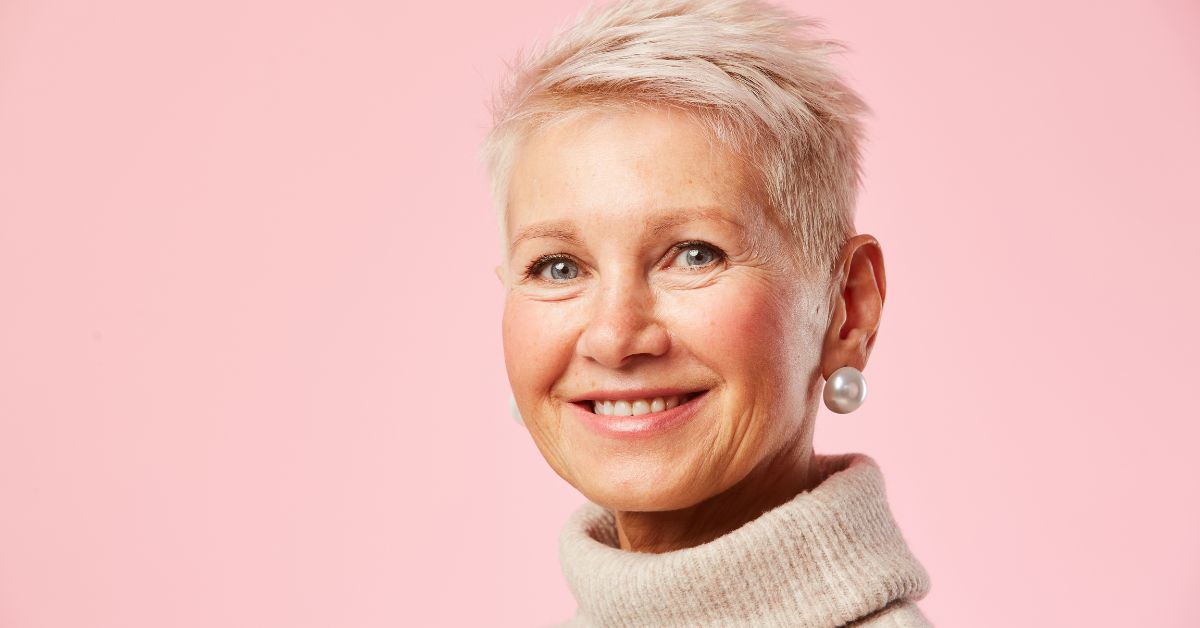- By Calypso Cavallo
- October 3, 2022
- Skincare
- Comments:2
There is no age at which the skin becomes “mature.” Mature skin has characteristics that are not related to age per se but the evolution of hormone levels. In pre-menopause and menopause, the drop in estrogen and progesterone levels causes significant changes in the skin. What does this mean in practice?

What is mature skin?
Mature skin is naturally unbalanced since it results from a hormonal imbalance. These imbalances are diverse and manifest themselves through :
- A general dryness, linked to the decrease in sebum and hyaluronic acid secretion,
- In rarer cases, acne outbreaks are related to the predominance of testosterone over female hormones,
- An accentuation of wrinkles and a loss of tone are linked to a decrease in collagen and elastin production,
- The appearance of brown spots, linked to the disruption of melanin production and accentuated by repeated exposure to UV rays,
- A thinning of the skin is linked to the reduction of growth cells,
- Increased sensitivity due to dryness and thinning of the skin.
Mature skin is first recognized by its level of skin laxity. Generally, firmness loss leads to a slight sagging of the cheeks and neck, thus modifying the sharpness of the oval of the face. When the skin is visibly thinner, drier, and more sensitive than before, our skin can be considered mature.
Aging skin: aggravating factors
Three main factors can accelerate skin aging:
- Too frequent exposure to the sun,
- Smoking, which oxidizes skin cells,
- Diet lacks essential fatty acids, zinc, magnesium, and trace elements.
Taking care of your skin throughout your youth is essential to delay skin aging. It should be noted, however, that no woman can escape the hormonal disturbances of menopause and that skin aging is a natural process, even if it is less visible in some people than in others, mainly for genetic reasons.
How can I take care of my mature skin?
Mature skin obsoletes your previous skin type (oily, dry, and combination). It must also follow a different routine than sensitive but young skin since it must preferentially require products containing anti-aging active ingredients.
As you can see, you should prefer skin care products adapted to mature skin. You will also have to change your make-up habits and orient your choices towards products that are softer and more protective (notably with an SPF factor).
You will gradually adopt your new routine by discovering and familiarizing yourself with new products. You’ll look radiant and remain forever beautiful in your eyes and the eyes of those around you, glowing with life.
